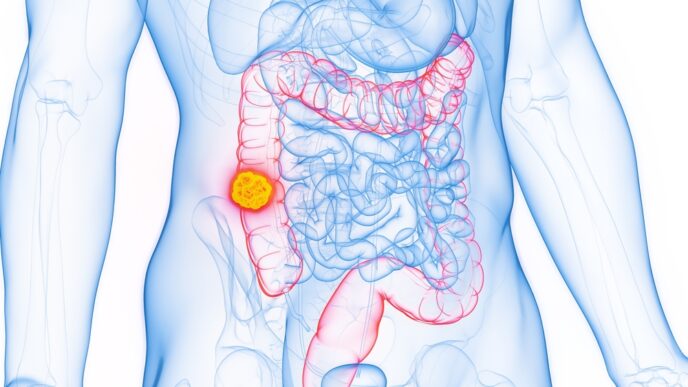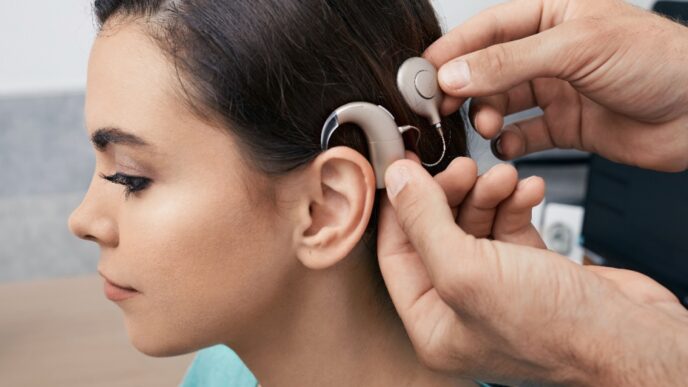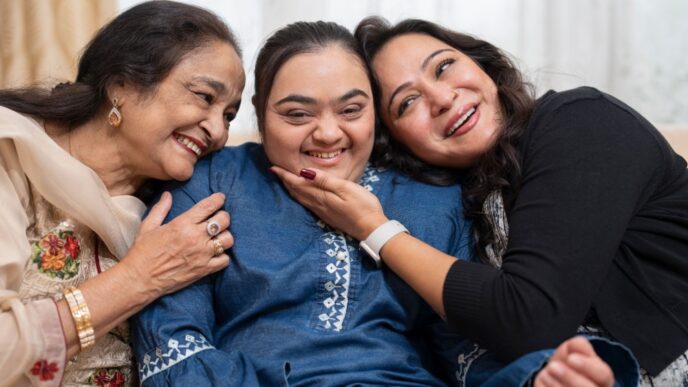Imagine life-saving treatments for cancer or rheumatoid arthritis being out of reach—not because they don’t exist, but because they’re too expensive. Biosimilars, nearly identical versions of complex biologic drugs, could change that. Malaysia now has the chance to make advanced medicine more accessible, saving lives and easing the strain on hospitals and budgets alike.
WORDS DR ABDUL MUEED KHAN
 FEATURED EXPERT FEATURED EXPERTDR ABDUL MUEED KHAN Medical Affairs Lead Sandoz ASIA Cluster |
For patients battling conditions like cancer or rheumatoid arthritis, biologic therapies can be life changing. However, their cost often puts them out of reach.
Biosimilars, which are safe and effective versions of these complex drugs, could change that story.
Globally, we’re in the golden decade of biosimilars, as 118 biologics are set to lose patent protection.
- Since their introduction, biosimilars have already saved the US over USD 36 billion and allowed nearly 500 million extra days of therapy for patients.
- In the UK, switching to biosimilars has saved the NHS £1.2 billion in three years, with projected savings of £1 billion by 2028.
- Italy saved €3.09 billion in 2022 alone.
- Singapore achieved over 95% uptake in just one year, generating SGD 136 million in savings over five years.
HOW BIOSIMILARS CAN BUILD A HEALTHIER MALAYSIA
Malaysia is well-positioned to follow suit.
- Budget 2026 allocated RM 46.5 billion to public healthcare, highlighting equitable and affordable access.
- Using biosimilars strategically could allow more patients to receive treatment without increasing costs, easing pressure on hospitals and improving access to advanced medicines.
Take rheumatoid arthritis: uncontrolled disease costs roughly RM 15,000 per patient per year. Wider access to modern biologics could reduce hospital visits and boost productivity. Biosimilars can help unlock these efficiencies.
THE STEPS TAKEN
Regulatory
- The National Pharmaceutical Regulatory Agency (NPRA) has approved several biosimilars, and the Ministry of Health provides clear guidance for their use.
- These steps build confidence among doctors and patients alike.
Alignment with Health Reforms and Fiscal Priorities
- Biosimilars can help manage the rising cost of non-communicable diseases, curb medical inflation, and support sustainable healthcare budgets.
- They complement efforts to strengthen primary care, promote preventive medicine, and reduce reliance on expensive reference biologics.
As Malaysia advances the MADANI Economic Agenda and the 13th Malaysia Plan, integrating biosimilars supports better health outcomes, develops local capabilities, and ensures smarter spending.
COLLABORATIVE EFFORTS ARE NEEDED
To fully realize this potential, collaboration is key.
- Healthcare providers, regulators, advocacy groups, and industry partners must work together to build trust and understanding.
- Clear communication and education will ensure biosimilars are seen not just as cost-saving alternatives, but as reliable, life-improving treatments.
CONCLUSION
Malaysia stands at a crossroads.
Biosimilars aren’t just cheaper versions of drugs; they’re tools to make healthcare more accessible, innovative, and sustainable.
By embracing them, Malaysia could lead the region in smarter, fairer healthcare for all.
| This article is part of our series on issues and developments affecting the Malaysian medical landscape. |














